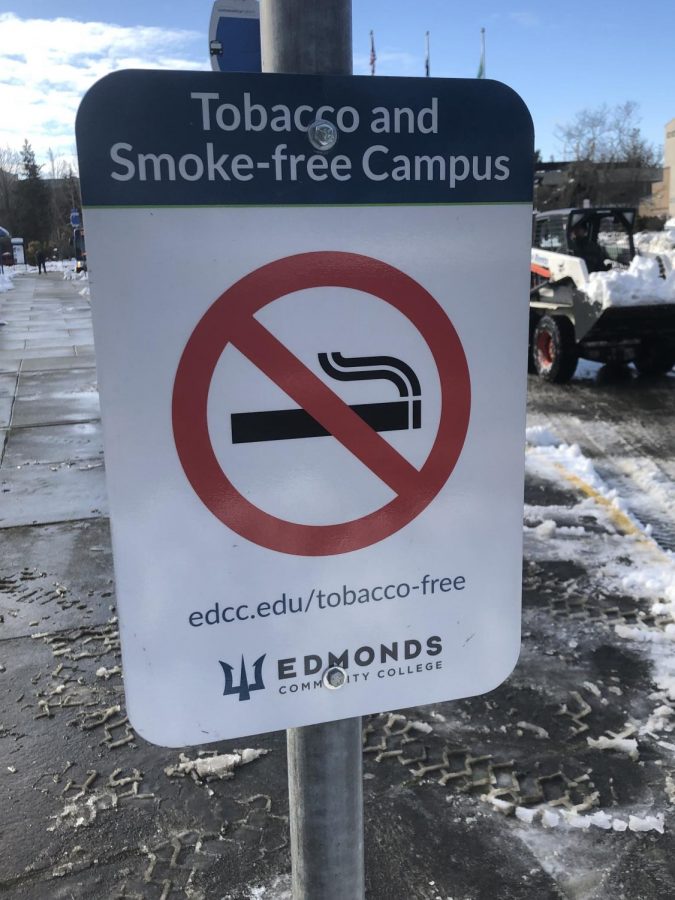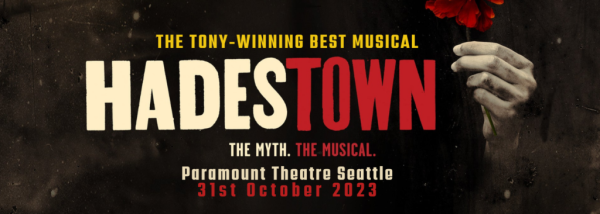Proposed Bill to Increase Age for Purchasing Tobacco
The Washington State Attorney General has proposed a bill to increase the minimum age for purchasing tobacco products, which is scheduled for a second public hearing.
Bob Ferguson, attorney general for the Washington State Department of Health, has requested HB 1074, a bill which aims at raising the legal age to purchase tobacco products from 18 to 21. The request comes in the wake of concerns that cigarettes are flooding middle and high schools, due to older classmates’ ability to legally acquire such items. However, though the intentions behind the proposal are noble, the bill itself will achieve little to nothing in the war against adolescent nicotine addiction.
This is also not the first time that this particular bill has been proposed, originally dating back to Jan. 2017. Washington State lawmakers, such as Rep. Nicole Macri who sponsors the bill, have been embattled with opposition against claims that, if passed, the bill will hinder small business and raise a question as to what age one becomes an “adult.” These concerns avoid the obvious criticism, which lies in the lack of effectiveness such a law would have. Already, neighboring states such as Oregon and California have passed laws raising the age to purchase tobacco to 21, but it’s still too early to determine whether or not they will be successful.
Even in the European Union, where tremendous efforts have been taken to curtail the number of smokers, especially among the young, tobacco laws have met with only minimal success. Since about 2010 the EU has implemented a ban on advertising and promotion of tobacco products, smoke-free zones, and a massive tax for tobacco products. These are arguably better strategies for combating nicotine dependency by focusing on the economic angle, and in over eight years the percentage of smokers in member nations is still high. Approximately 26 percent of the population still smokes, overall, and about 29 percent of those between the ages of 15 and 24 still smoke.
Time may tell a different story, but as of yet, the outcome looks bleak.
Compare these titanic acts of legislation with the proposal by Washington State lawmakers, and HB 1074 appears as only another vapid and superfluous bill designed to appease supporters while in reality achieving nothing. The bill is aimed at the elimination of adolescent smoking, but by raising the legal age they are only applying a band aid. If an 18-year-old senior is no longer able to supply their younger classmates with their fix, then they can just as easily do so through an older relative. A sibling who is 21 or older, their parents, or even their grandparents are potential suppliers. As long as the greater body populace has access, in excess, to tobacco products, teens and young adults will find a way to get their hands on them.
The Institute of Medicine states that of most adult smokers, approximately 90 percent first started smoking before they were 19. The implications of this are staggering, as nicotine use prior to age 25 can have serious ramifications to neurological development. Since the brain continues to grow and develop until that age, use of tobacco products before this can negatively impact learning ability, memory and attention span. These are only the short-term side effects. Smoking before maturation of the prefrontal cortex can also lead to psychiatric disorders, such as depression, as well as other cognitive impairment.
The fact of the matter is that teens are not able to make appropriate decisions with regards to tobacco products, because they likely have no grasp of the life they would be stepping into and the consequences that accompany it. It’s also evident that their older classmates, 18-year-old seniors for example, are lacking in maturity or else they would avoid supplying their younger classmates’ addiction. With that said, the bill that Washington State lawmakers have proposed is useless in dealing with both these matters.
The best alternative would be adopting the European method for combating nicotine addiction, even if only to be met with little success. Some progress is still progress and would get things moving in the right direction, at least if the legislators are serious about this. Maneuvering by the economic angle is by far a much more potent and viable approach to the issue that, given enough time, should logically result in a decrease in the smoking population overall and not just young smokers.
HB 1074 is a nice gesture, but that’s all it is. If Washington State politicians truly care about protecting teens and young adults from what could arguably be the worst mistake of their lives, then they need to get serious about substantive solutions. It ultimately falls to the average citizen, as most things do, to make noise and let their representatives know that they are not satisfied with what’s being done. It is well past time to get serious.















